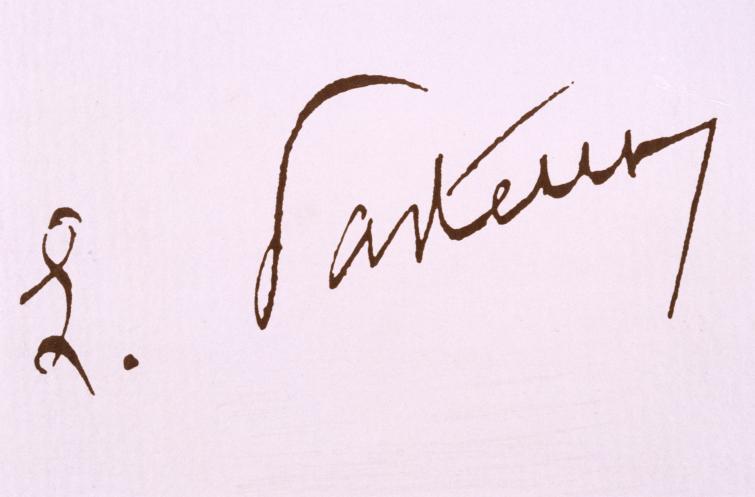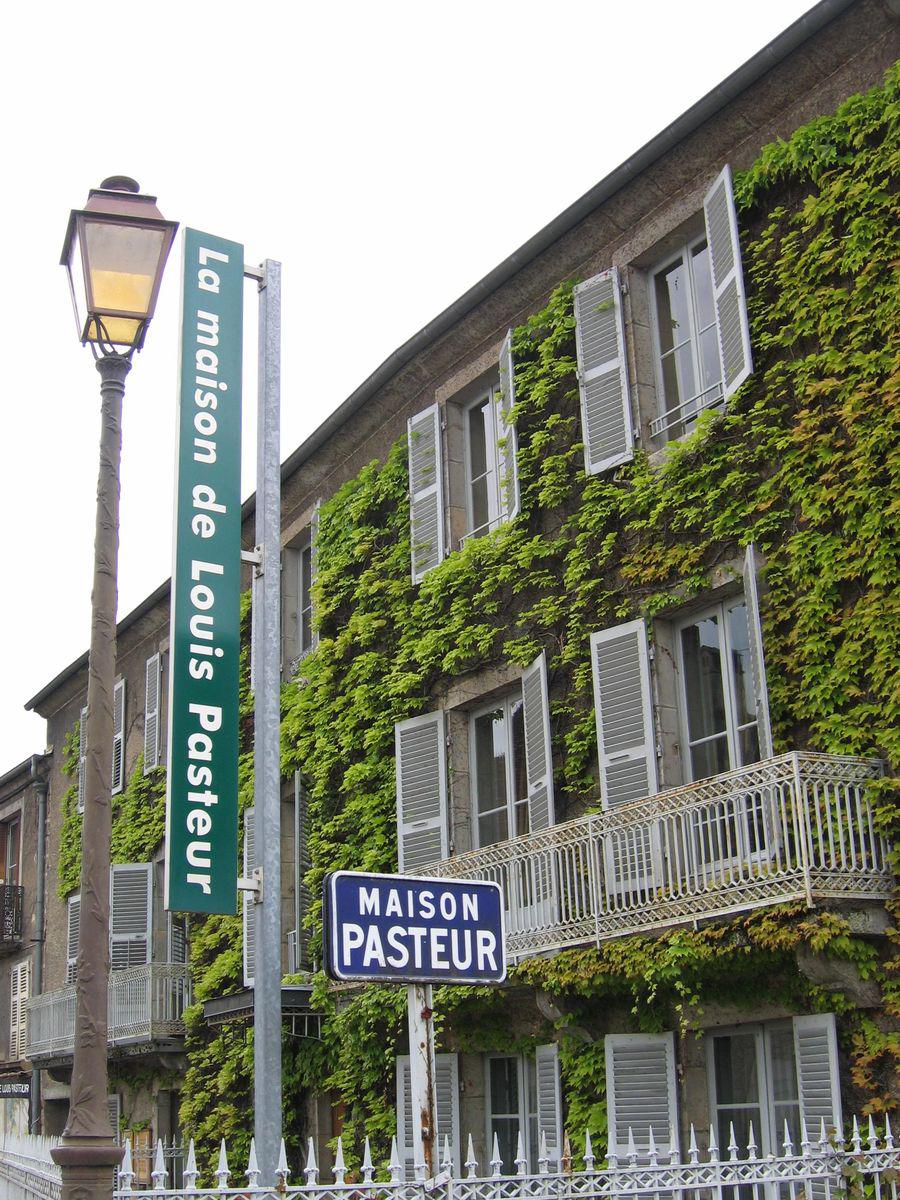
 memory
memory
Louis Pasteur's archives included in UNESCO's Memory of the World Register

UNESCO's Memory of the World program was set up in 1992 in response to the idea that the world's documentary heritage belongs to us all, that it should be fully preserved and protected for the benefit of everyone and that it should be universally accessible, with no obstacles – making due allowance for any cultural sensitivities and traditions that may be associated with it.
 In March 2014, keen to uphold this principle, the French Academy of Sciences - as part of its program Pour un universalisme scientifique, which aims to improve the transfer of knowledge to the public - submitted an application for the Louis Pasteur archives to be listed by UNESCO. This request was approved in late 2015. This project to promote the Louis Pasteur archives is a French initiative coordinated by the Academy of Sciences and the French National Library (BnF), the two institutions which house nearly all the eminent scientist's archives.
In March 2014, keen to uphold this principle, the French Academy of Sciences - as part of its program Pour un universalisme scientifique, which aims to improve the transfer of knowledge to the public - submitted an application for the Louis Pasteur archives to be listed by UNESCO. This request was approved in late 2015. This project to promote the Louis Pasteur archives is a French initiative coordinated by the Academy of Sciences and the French National Library (BnF), the two institutions which house nearly all the eminent scientist's archives.
 "The figure of Louis Pasteur has gone beyond geographic, disciplinary, intellectual and social frontiers and has become universal," said Federico Mayor, UNESCO Director-General, at the opening of Pasteur Year in 1995. The inclusion of Pasteur's documentary heritage in the Memory of the World Register emphasizes this universal dimension. It is a rare honor which has been awarded to only four other scientists – Copernicus, Linnaeus, Newton and Tesla.
"The figure of Louis Pasteur has gone beyond geographic, disciplinary, intellectual and social frontiers and has become universal," said Federico Mayor, UNESCO Director-General, at the opening of Pasteur Year in 1995. The inclusion of Pasteur's documentary heritage in the Memory of the World Register emphasizes this universal dimension. It is a rare honor which has been awarded to only four other scientists – Copernicus, Linnaeus, Newton and Tesla.
To celebrate Louis Pasteur and the inscription of his archives in the UNESCO Memory of the World Register, the Academy of Sciences organized a public tribute day in cooperation with the town of Arbois, where Louis Pasteur spent his childhood.
Several Institut Pasteur scientists - Maxime Schwartz, Pascale Cossart, Françoise Barré-Sinoussi and Bernard Dujon representing François Gros - attended this event, where they spoke about Louis Pasteur's exemplary investigative approach, the "Pasteur method". They also paid tribute to his modernity, the fact that he was both in tune with and ahead of his century and that his achievements are still influencing civil society today.
Read the press release from the Academy of Sciences
Find out more about the UNESCO Memory of the World Register
Find out more about the Pour un universalisme scientifique program